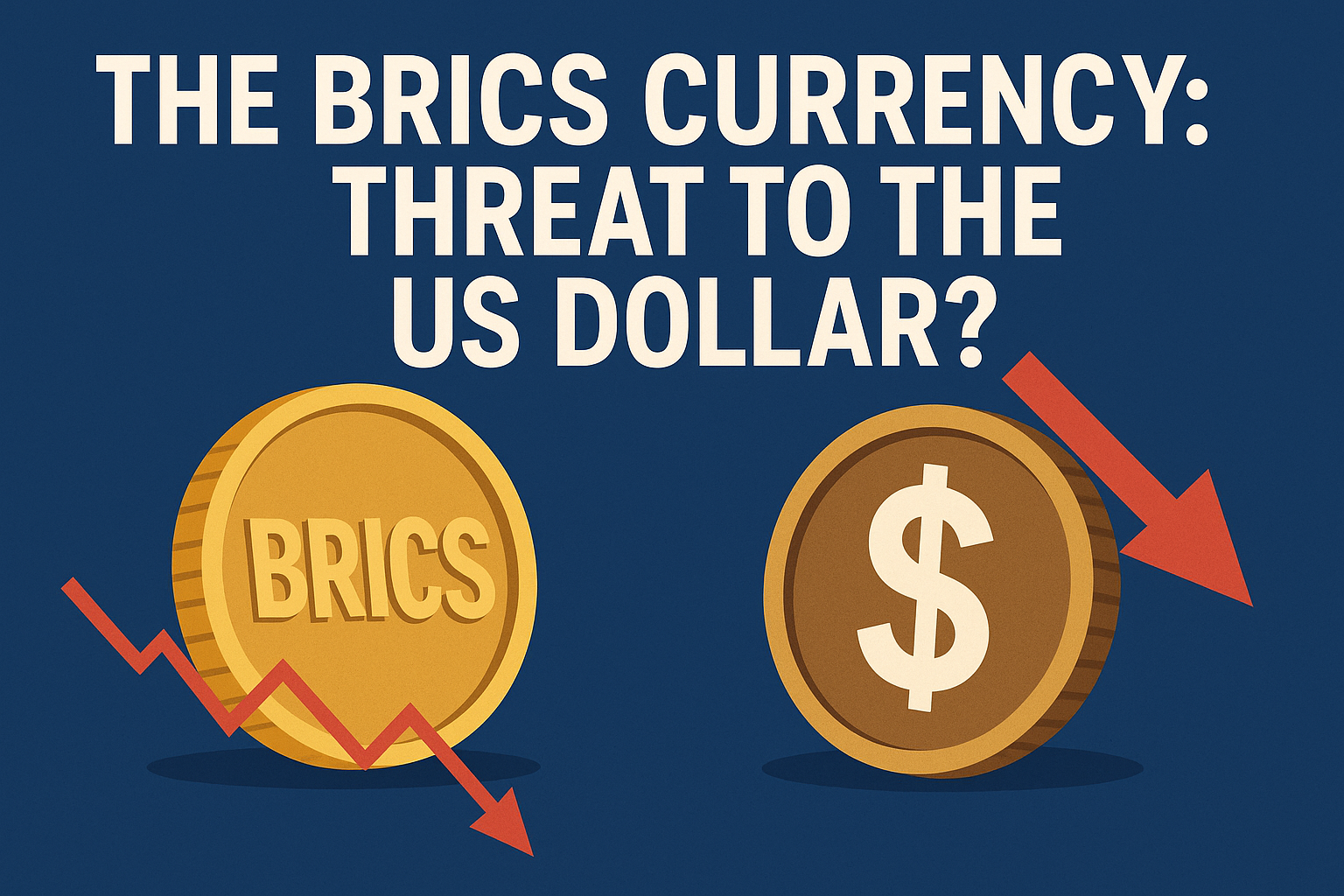Swiss Banks vs. Crypto Wallets: Where to Park Your Money?
Choosing between Swiss bank accounts and crypto wallets depends on your goals: privacy, stability, growth, or decentralization. Here’s a detailed comparison of security, returns, risks, and the best options for different investors.
🏦 Swiss Banks: The Gold Standard for Safety?
✅ Pros
✔ Stability – Switzerland is politically neutral with a strong economy.
✔ Privacy – Still more discreet than U.S. banks (though less secretive since 2018).
✔ Asset Protection – Strong legal safeguards against seizures.
✔ Multi-Currency Accounts – Hold USD, EUR, CHF, gold, etc.
❌ Cons
✖ Low/Zero Interest Rates – Most accounts pay 0%–0.5% on deposits.
✖ High Minimums – Often $500K+ for private banking.
✖ FATCA/CRS Reporting – Switzerland shares data with the U.S./EU.
💵 Best For:
-
High-net-worth individuals seeking safety.
-
Diversifying outside home country risks.
-
Storing large cash reserves (not growing them).
Top Swiss Banks (2024):
-
UBS (largest, global reach)
-
Credit Suisse (now part of UBS, still elite private banking)
-
Julius Bär (wealth management focus)
-
Lombard Odier (family offices, sustainable investing)
💰 Crypto Wallets: High Risk, High Reward
✅ Pros
✔ Decentralization – No government/bank control.
✔ Growth Potential – Bitcoin (+150% in 2023, ETH staking yields 3–5%+).
✔ Privacy Options – Monero, Zcash (truly anonymous).
✔ Low Barriers – Open a wallet for free (no minimums).
❌ Cons
✖ Volatility – Bitcoin can drop 50% in months.
✖ No FDIC Insurance – If hacked, funds are gone forever.
✖ Regulatory Risk – Governments could ban or restrict crypto.
💵 Best For:
-
Tech-savvy investors betting on crypto’s future.
-
Those avoiding traditional banking systems.
-
Diversifying into digital assets.
Top Crypto Wallets (2024):
| Type | Best Options | Security Level |
|---|---|---|
| Hardware (Cold Wallet) | Ledger Nano X, Trezor | ★★★★★ (Most secure) |
| Mobile (Hot Wallet) | Trust Wallet, Exodus | ★★★☆☆ (Convenient but riskier) |
| Custodial (Exchange) | Coinbase, Kraken | ★★☆☆☆ (Not your keys!) |
🔍 Key Comparison: Swiss Banks vs. Crypto Wallets
| Factor | Swiss Banks | Crypto Wallets |
|---|---|---|
| Safety | ★★★★★ (insured, regulated) | ★★☆☆☆ (hack/rug pull risks) |
| Privacy | ★★★☆☆ (FATCA reporting) | ★★★★★ (with privacy coins) |
| Returns | 0–1% (low yield) | 0–100%+ (high volatility) |
| Accessibility | High minimums | Open to anyone |
| Regulation | Heavy compliance | Mostly unregulated |
💡 Hybrid Strategy: Best of Both Worlds?
-
Store emergency cash in a Swiss bank (safe, liquid).
-
Allocate 5–20% to crypto (BTC/ETH in cold storage).
-
Use stablecoins (USDC, DAI) for crypto-based “savings” (~5% yield on platforms like Ledger Earn).
⚠️ Biggest Risks of Each
Swiss Banks:
-
Negative rates (you pay to hold cash).
-
Geopolitical shifts (if Switzerland’s neutrality weakens).
Crypto Wallets:
-
Exchange collapses (FTX, Celsius disasters).
-
Smart contract hacks (DeFi exploits).
📌 Final Verdict: Which Should You Choose?
-
If safety is #1 → Swiss banks.
-
If growth/decentralization is #1 → Crypto wallets.
-
Best balance? Use both.




